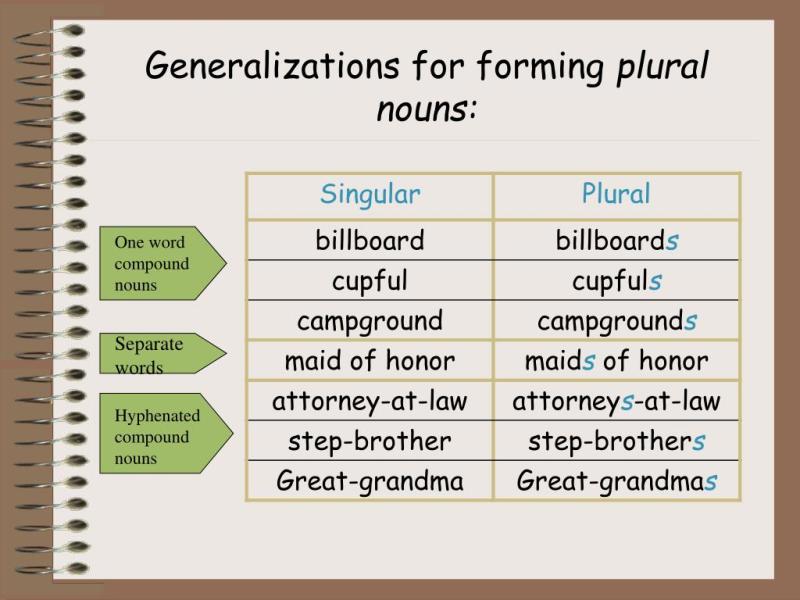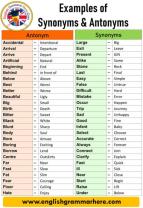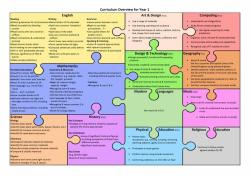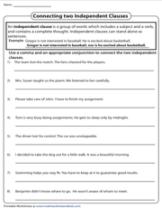How are plural nouns generally formed?
Plural nouns in English are typically formed by adding an "s" or "es" to the singular form of the noun. However, the specific rule for creating plural nouns can vary based on the spelling and structure of the singular noun. Here are the general rules for forming plural nouns:
Adding "S":
Most Nouns: For most singular nouns, simply adding "s" at the end forms the plural.
- Example: Cat → Cats, Book → Books, Chair → Chairs
Singular Nouns Ending in S, X, Z, CH, SH: Add "es" to form the plural.
- Example: Box → Boxes, Dress → Dresses, Wish → Wishes
Irregular Plural Forms:
- Irregular Nouns: Some nouns have irregular plural forms that don't follow the typical rules.
- Example: Man → Men, Woman → Women, Child → Children
Nouns with Different Singular and Plural Forms:
- Nouns with Same Singular and Plural: Some nouns have the same form for both singular and plural.
- Example: Sheep, Deer, Fish (can be singular or plural)
Additional Rules:
Nouns Ending in Y: If a noun ends in "y" preceded by a consonant, change the "y" to "i" and add "es."
- Example: Baby → Babies, City → Cities
Nouns Ending in Y: If a noun ends in "y" preceded by a vowel, simply add "s."
- Example: Boy → Boys, Day → Days
Nouns Ending in F or FE: Replace the "f" or "fe" with "ves" to form the plural.
- Example: Leaf → Leaves, Knife → Knives
Nouns Ending in O: Generally, add "s," but some nouns require "es."
- Example: Potato → Potatoes, Tomato → Tomatoes
- Exception: Piano → Pianos, Photo → Photos (just add "s")
Compound Nouns: Add "s" or "es" to the main noun in the compound.
- Example: Passerby → Passersby, Attorney General → Attorneys General
Remember, while these rules cover many cases, English has numerous irregular nouns with unique plural forms. Learning these exceptions often comes with practice and exposure to the language.
Adding "-s" or "-es" as the most common pluralization rule
The most common rule for pluralizing nouns in English is to add "-s" to the end of singular nouns. This rule applies to the majority of nouns, including:
Nouns ending in consonants: cat - cats, box - boxes, pen - pens
Nouns ending in short vowels (a, e, i, o, u): apple - apples, tree - trees, city - cities
Exceptions to the "-s" or "-es" rule for certain nouns
There are a few exceptions to the "-s" or "-es" rule for pluralization. These exceptions include:
Nouns ending in "ch," "sh," "x," or "z": church - churches, bush - bushes, box - boxes, waltz - waltzes
Nouns ending in "o" preceded by a consonant: tomato - tomatoes, potato - potatoes, hero - heroes
Nouns ending in "y" preceded by a consonant: baby - babies, city - cities, sky - skies
These nouns typically add "-es" instead of "-s" to form the plural.
Irregular pluralization patterns for specific types of nouns
Some nouns have irregular pluralization patterns that deviate from the standard "-s" or "-es" rules. These irregular plural forms are often learned through memorization or by observing common usage. Examples of irregular plural nouns include:
Nouns ending in "-f" or "-fe": wife - wives, calf - calves, leaf - leaves
Nouns ending in "-on": child - children, person - people, ox - oxen
Nouns with internal vowel changes: man - men, woman - women, tooth - teeth












